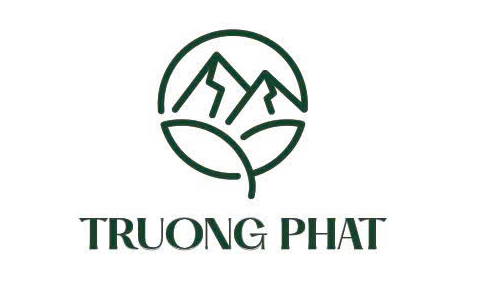Market News
Individuals using banned substances in livestock farming will be fined up to 80 million VND.
From June 22, 2018, individuals who violate the use of banned substances in animal husbandry and aquaculture can be fined from 50 to 80 million VND. For organizations with the same violation, the fine is twice the fine for individuals.
This is a new regulation in Decree 64/2018/ND-CP effective from June 22, 2018 on administrative sanctions for violations in the field of animal breeds, animal feed, and aquaculture.
Article 14 of the Decree stipulates:
– Fine from 50,000,000 VND to 60,000,000 VND: Violating the use of each banned substance in animal husbandry and aquaculture that has not yet reached the level of criminal prosecution;
– Fine from VND 60,000,000 to VND 90,000,000:
+ Violating the use of each prohibited substance in the production, processing, trading and import of animal feed and aquatic feed with the total value of feed products under VND 100,000,000;
+ Illegal profits under VND 50,000,000;
– From VND 70,000,000 to VND 80,000,000 for violating the use of each prohibited substance in animal husbandry and aquaculture to the extent of criminal prosecution, but the prosecuting agency has one of the following decisions:
+ Not to initiate a criminal case;
+ Cancel the decision to initiate a criminal case;
+ Suspend the investigation;
+ Suspend the case.
In addition to the above provisions, the Decree also stipulates the level of fines for the following acts:
– Violations of conditions for facilities producing and processing animal and aquatic feed (Article 6)
– Violations of quality in the production and processing of animal and aquatic feed (Article 7)
– Violations of conditions for facilities buying, selling and importing animal and aquatic feed (Article 8)
– Violations of quality in the purchase and sale of animal and aquatic feed (Article 9)
– Violations of quality in the import of animal and aquatic feed (Article 10)
– Violations of production, processing and sale of expired animal and aquatic feed products (Article 11)
– Violations of testing animal and aquatic feed (Article 12)
– Violations of production, processing, purchase, sale, import and use of animal and aquatic feed containing antibiotics (Article 13)
– Violations of management and conservation of livestock genetic resources in conservation areas (Article 15)
– Violations of exploitation and conservation of rare livestock genetic resources (Article 16)
– Violations of international exchange of rare livestock genetic resources (Article 17)
– Violations of testing and inspection of new livestock breeds (Article 18)
– Violations of production and trading of livestock breeds (Article 19)
– Violations of production and trading of semen, embryos, breeding eggs, larvae (Article 20)
– Violations of import of livestock breeds (Article 21)
– Violations of livestock breed quality in business (Article 22)
– Other violations in the field of production and trading of aquatic breeds (Article 23)
– Violations of certificates, permits, and licenses for livestock breeds (Article 24)
– Violations of regulations on biosafety in livestock farming (Article 25)
The Decree also Regulations: For organizations committing the same violation, the fine is twice the fine for individuals.
Additional fines, remedying consequences
Clause 2, Article 4 of the Decree also stipulates additional fines and requirements to remedy consequences as follows:
– Additional fines:
Based on the nature and severity of the violation, organizations and individuals committing the violation may also be subject to one or more of the following additional penalties:
+ Temporary suspension of operations;
+ Confiscation of exhibits and means of administrative violation.
– Remedying consequences:
The remedial measures prescribed in this Decree are applied as follows:
+ Forced recall of livestock breeds; animal feed and aquatic products;
+ Forced recycling of animal feed and aquatic products;
+ Forced conversion of the purpose of use of animal feed and aquatic products and livestock breeds;
+ Compulsory re-export of animal feed, aquatic products, and animal breeds;
+ Compulsory destruction of prohibited substances; animal feed, aquatic products; livestock, aquatic products; animal breeds;
+ Compulsory cancellation of animal feed, aquatic product testing results;
+ Compulsory modification of information on batches of animal feed, aquatic products on product labels or accompanying technical documents;
+ Compulsory livestock and aquaculture facilities continue to raise animals and aquatic products that have used prohibited substances until testing shows that there are no more prohibited substance residues before being allowed to export, slaughter, or harvest;
+ Compulsory implementation of measures to remedy environmental pollution;
+ Compulsory relocation of aquatic product breeding facilities;
+ Compulsory correction of testing and inspection results.

 Tiếng Việt
Tiếng Việt


